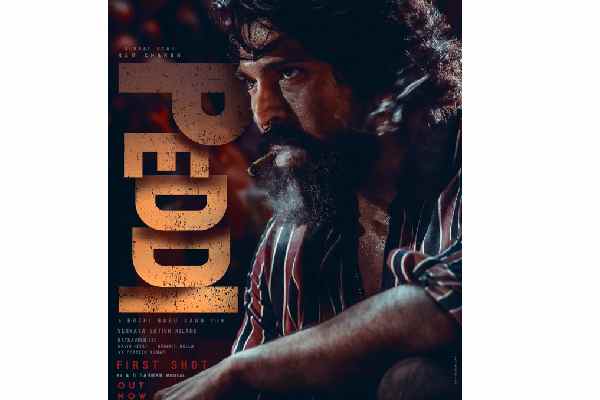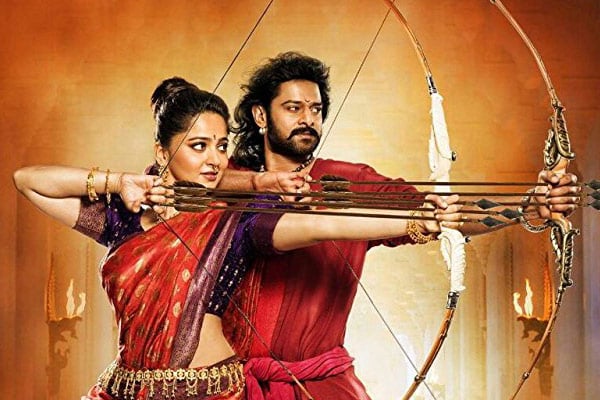The Indian Institute of Management-Ahmedabad (IIMA) is working on a case study on blockbuster “Baahubali” to highlight how art, business and technology combined to deliver a hugely successful film franchise.
Being authored by IIMA alumnus and visiting faculty Bharathan Kandaswamy, the case study is part of an elective course on movie business offered to the second year students of the institute’s flagship programme in management.
“Baahubali is a path-breaking Indian movie that combines art, business, and technology in a brilliant way. Most of the time, films are creative and artistic but are not able to do good business. Sometimes the technology is not used effectively enough,” Kandaswamy said.
“At times the story is great but is not executed well. And then, sometimes, we have mediocre stories that get a decent opening due to good marketing, but the movie does not sustain due to the weak story,” he added.
“In the case of Baahubali, the three elements of art, technology and business have come together and that is the reason why the movie and its sequel have been successful,” he said.
He said his case study would focus on “Baahubali- The Beginning” and its sequel, “Baahubali- The Conclusion”, and would attempt to unravel its “success mantra”.
Both the films were directed by SS Rajamouli and earned over Rs 1,000 crore at the domestic and international box office.
Kandaswamy, who is associated with a south Indian production house, Kavithalayaa Productions, which made films like Mani Ratnam’s “Roja” and Kamal Haasan starrer “Ek Duje Ke Liye”, is the brain behind an elective course called ‘Contemporary Film Industry-Business Perspective,’ which was launched at the IIMA in 2008-09.
The case study, to be completed in another four months, is part of a course that focusses on the business of the Indian film industry, starting from the selection of scripts to the films hitting the screens, Kandaswamy said.
“The course covers all aspects of a movie, from the selection of good script to its post-production. Film financing, how to raise funds, how to deal with movies, are covered. There are also sessions on marketing, distribution, and promotion of films,” he said.
Last year, a chapter was added on how entities like Amazon, Netflix and Hotstar were causing digital disruption in the film industry, he said.
The course has produced three case studies so far related to the film industry including one on the film “Roja” and another on the success of Rajinikanth-starrer “Muthu” in overseas markets like Japan.



































